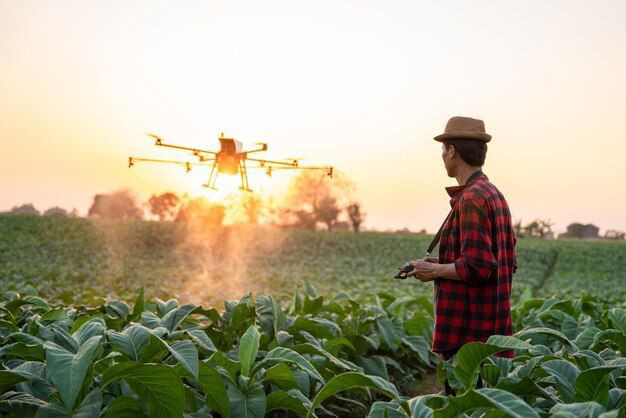Role of Machinery in Agriculture
In today's rapidly evolving agricultural landscape, the integration of advanced machinery has become pivotal in enhancing productivity, reducing manual labor, and ensuring sustainable farming practices. At Cultree , we understand the significance of machinery in modern agriculture. In this blog post, explore the pivotal role that machinery plays in modern agriculture.
Machines in agriculture, also known as agricultural machinery or farm machinery, are mechanical devices and equipment specifically designed and utilized in various farming and agricultural activities to increase efficiency, reduce manual labor, and improve overall productivity. These machines serve a wide range of purposes in different stages of the agricultural process.machines are designed to increase efficiency, reduce labor requirements, and improve the overall productivity of farming activities. Agriculture machinery can range from simple hand tools to highly complex, computer-controlled machines.These machines have transformed agriculture, enabling farmers to increase productivity, reduce labor costs, and adopt more sustainable and efficient farming practices. The choice of machinery depends on the specific needs of the farm, the type of crops, and the available resources.
These machines are designed to increase the efficiency and productivity of agricultural processes. Agricultural machinery can include:
Irrigation equipment includes a wide range of devices and systems used to deliver water to crops or plants in a controlled and efficient manner. Irrigation is essential in agriculture to ensure that crops receive an adequate and consistent water supply, especially in regions with insufficient rainfall or during dry periods.Irrigation equipment and systems can vary in complexity and scale, but they all serve the common purpose of delivering water where and when it is needed to support plant growth and ensure higher crop yields. The choice of irrigation method depends on factors like the type of crop, climate, available water resources, and budget considerations.
Motor and pump sets are essential components of irrigation systems in agriculture. They work together to deliver water from a water source (such as a well, river, or reservoir) to the fields where crops are grown.Motor and pump sets play a critical role in providing a reliable and efficient water supply for irrigation in agriculture, which is essential for crop growth and yield optimization, particularly in regions where natural water sources may not be readily available or dependable. Proper maintenance and sizing of motor and pump sets are important to ensure they operate efficiently and effectively in agricultural settings.
Spray Equipments
Spray equipment in agriculture refers to a range of devices and machinery designed for the controlled application of liquids, such as pesticides, herbicides, fertilizers, and water, to crops. These devices are crucial for protecting crops from pests and diseases, providing essential nutrients, and ensuring even distribution of agricultural inputs. The choice of spray equipment in agriculture depends on factors such as the type of crop, the area to be treated, the specific chemicals being applied, and the required precision of application.
Engines in agriculture refer to the various types of power units used in farming and agricultural machinery to provide mechanical energy for a wide range of operations. These engines serve as the power sources for tractors, farm equipment, and vehicles, making modern agriculture more efficient and productive.Engines in agriculture play a crucial role in improving productivity, efficiency, and the overall sustainability of farming operations. Proper maintenance and operation of these engines are essential to ensure reliable performance and reduce downtime. The choice of engine type, size, and fuel source depends on the specific agricultural task and the resources available to the farm.
Irrigation accessories are additional components and tools that are used to complement and enhance irrigation systems. These accessories are essential for improving the efficiency and functionality of irrigation, ensuring that water is delivered effectively to plants. Irrigation accessories are essential for customizing and optimizing irrigation systems to meet the specific needs of plants and the characteristics of the landscape. Properly selected and maintained accessories contribute to water efficiency, reduced labor, and improved crop or garden health.
Generators in agriculture are electrical devices that are used to produce electrical power on farms and agricultural settings. These generators serve as backup sources of electricity or as the primary power supply in areas where a reliable electrical grid may not be available. Generators in agriculture come in various sizes and types, including diesel generators, gasoline generators, natural gas generators, and even renewable energy generators, such as solar and wind-powered systems. The choice of generator depends on factors like the power requirements, the availability of fuel, and the specific needs of the agricultural operation.
Proper maintenance and regular testing of generators are essential to ensure they are ready to provide power when needed. Additionally, generators should be used in accordance with safety guidelines to prevent accidents and hazards on the farm.






.jpeg)
Comments
Post a Comment